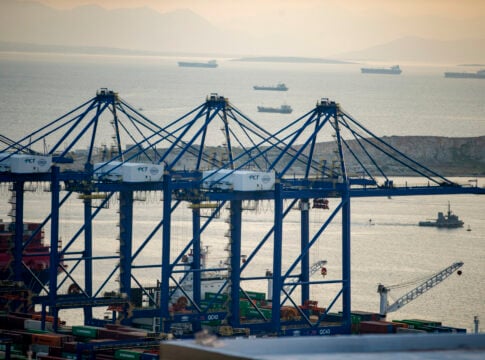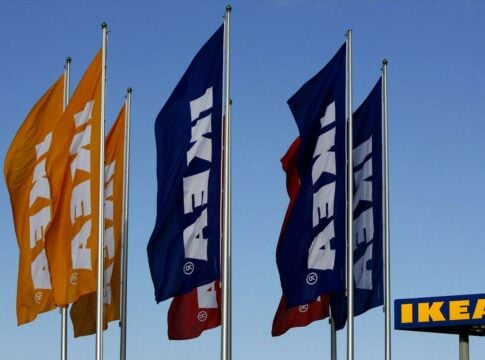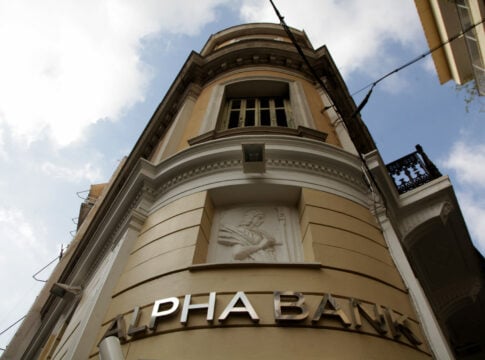By S. Emmanuil
[email protected]
Although the rate of new business entities, controlled by Greek interests, being opened in neighboring countries with low tax rates is slowing, this trend almost exclusively deals with so-called “shell companies”. On the other hand, Greek entrepreneurs and executives who want to expand business activity overseas continue to set up headquarters in destinations with lower corporate taxes and a more streamlined regulatory framework.
At the same, according to a recent ICAP People Solution study, the same trend applies to human resources, especially to high-skilled individuals. Based on the study, highly qualified professionals that have emigrated from Greece continue to be pessimistic over the current situation in the recession-battered country.
Indicatively, 42 percent of the expatriate Greek professionals surveyed in the study said they do not consider a return to the country as probable at present.
In terms of Greece-based companies, which are increasingly facing higher taxes, increased labor costs due to rising social security contributions, still imposed capital controls and, in many cases, shrinking turnover, many have employed so-called “triangular trade” for years now.
Such “three-way” transactions allow companies the ability to transfer proceeds to bank accounts in a third country – thereby avoiding capital controls imposed by the Tsipras government in late June 2015 in the wake of shambolic negotiations with creditors at the time – and at the same time to acquire real estate and movable assets (i.e. luxury vehicles) at a lower tax cost.
One particular benefit of “triangular trade”, is viewed as an ability by Greek companies to import and price products from third countries to a neighboring country, i.e. Bulgaria, before then re-exporting the products to Greece. Taxes on profits, in this case, are paid on the 10-percent corporate rate imposed in Bulgaria, rather than the much higher 29 percent rate imposed in Greece.
Another illegal way around the ongoing “tax tsunami” swirling in Greece, the result of a third memorandum negotiated in the summer of 2015, is the use of double POS terminals, with one of the two connected to a bank in another country. The POS terminal connected to a foreign bank is usually listed with the same name of the Greek company, but registered overseas.
Unless discovered by tax authorities, the business collects its revenues overseas, without turning over VAT remittances to the Greek state and bypassing capital controls. Only a bank card is needed to access the money from any ATM in Greece.
In terms of numbers, Bulgaria is by far the most preferred destination for “exporting” Greek business activity, with a little more than 17,000 Greek-controlled firms registering in the neighboring country since 2008, of which 378 have since ceased operation.
In January 2018, 77 firms controlled by Greek interests were opened in Bulgaria, six of which almost immediately closed, according to the Greek embassy in Sofia, in a query made by “N”.
Some 7,000 Greek-controlled firms operate in Romania, up from 6,578 at the end of 2016.
The eastern Mediterranean island republic of Cyprus is also an increasingly popular destination for Greek-controlled companies, especially due to a 12.5-tax rate, along with a common language and culture.
New company registrations in 2017 on Cyprus reached 13,677, while in January 2018, another 1,000 companies had already been registered.














